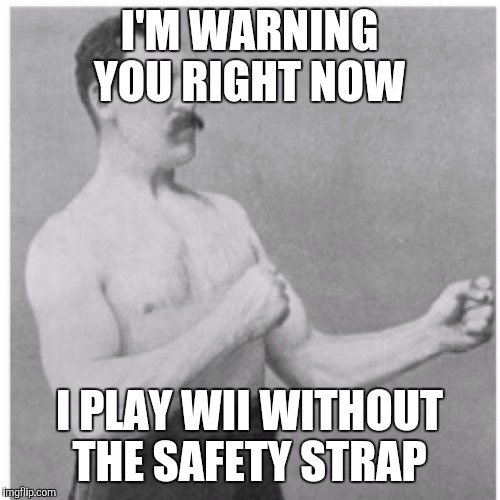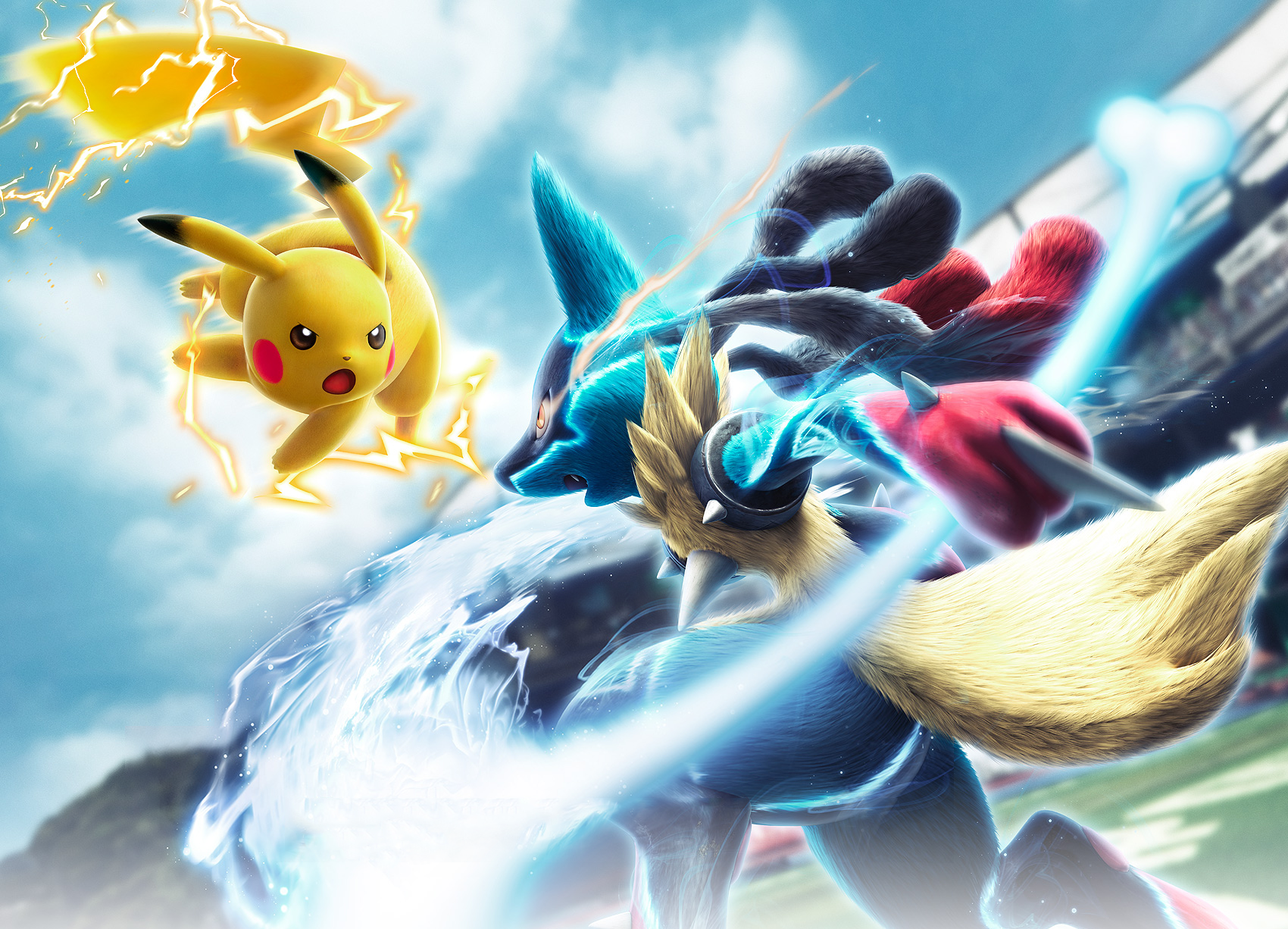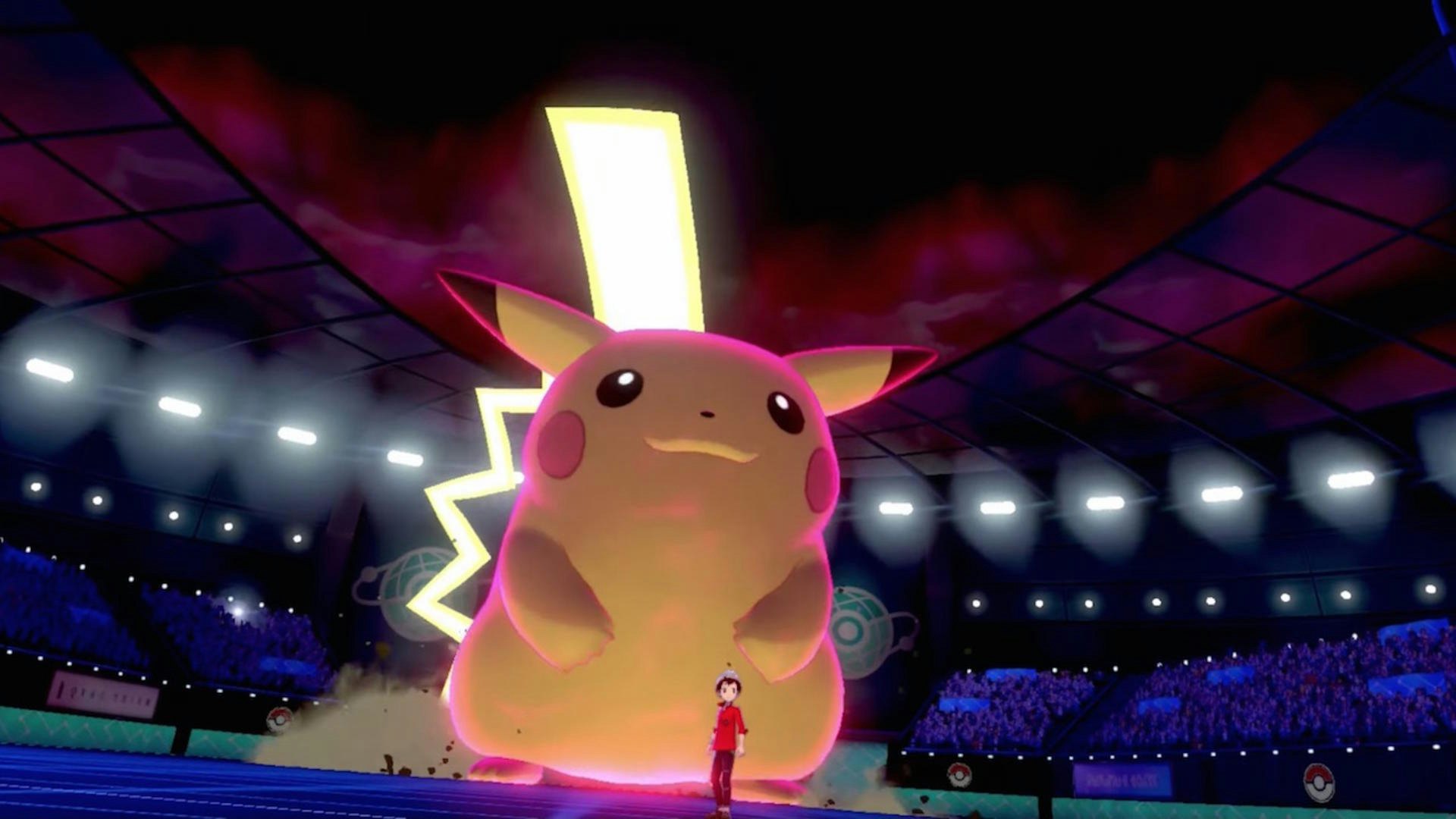When we harken back to the days of classic video game consoles, one thing that always struck me is how quick it was to just boot up a game and actually play it. That is primarily because gaming consoles were just gaming consoles. There was not multimedia, no online component, and the technology was just not as complex. For the longest time, I would say that I did not necessarily care about the box that played my games, as long as the games themselves were good. Yet, I was proven wrong on many occasions.
I used to be a Nintendo only kind of person, and so, I first
experienced what it was like to play games on the Playstation 1 and Playstation
2 during the Wii/PS3/360 era. I went back to play many of the RPGS that these
consoles had to offer, and enjoyed quite a few of them, but I was always
bothered by one aspect of these systems: Loading times.
 |
| Smoking is indeed bad for you. |
There are many times, while I was visiting the vast
catalogues of these consoles, where I would stand in front of loading screens
long enough for me to grab myself a glass of water and come back, or worse. I
vividly remember playing Tales of the Abyss, and thoroughly enjoying the game,
but dreading going through doors. It may sound like a silly nitpick, but when
every action that leads to loading times leaves you enough time to start getting
bored, it grates over time in an 80 hours game. Yet, when this game was
re-released on 3DS with significantly shorter load times, I have found myself
appreciating it far more. I felt the same when I tried Tokyo Mirage Sessions on
Switch as opposed to Wii U. It really helps move things along when the battle
transition screen takes a lot less time.
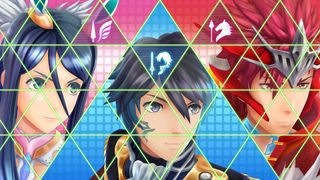 |
| This screen stays on noticably longer on Wii U during battle transitions |
Speaking of the Wii U, this console represents one of the
worse examples of poor ease of use. The first issue begins with just booting
the console. It takes a very long time to boot the system, boot your game, and
actually start playing. Furthermore, a lot of the menu navigation, prompts, and
even some games require the use of the large, cumbersome Wii U gamepad. If you
are not keen on using the pad and prefer using a Pro controller, you need to
keep it next to you while playing games on the off chance that a notification
pops up and the console’s UI won’t let you click “Ok” using the pro controller.
What makes matters worse is that the gamepad has a very poor battery life and
must be plugged into an outlet at nearly all times. If notifications, or the
need arises to go into the menu to change basic functionality, and your Gamepad
does not have a charge, you must wait a few minutes until it has enough charge
to be used to continue. Since the battery tends to drain when not in use, the
gamepad will often end up completely drained when you need to use it. Because
of this, I am often hesitant to even want to boot up this system, as I just
can’t be bothered to deal with the hassle of setting it up. Comparatively, I
look at the Switch, which is loads quickly to the menu, and I can start playing
almost right away. Furthermore, I have invested in multiple docks, so I can
just set it up on every single screen on my living space right away without
dealing with cables. It is seamless, and it feels great to take my Switch from
the living room, bring it to my bedroom, and continue my game while in bed. As
such, I am often drawn to want to use my Switch as my primary system, just
because of how painless the setup is. Of course, the console is not the only
factor.
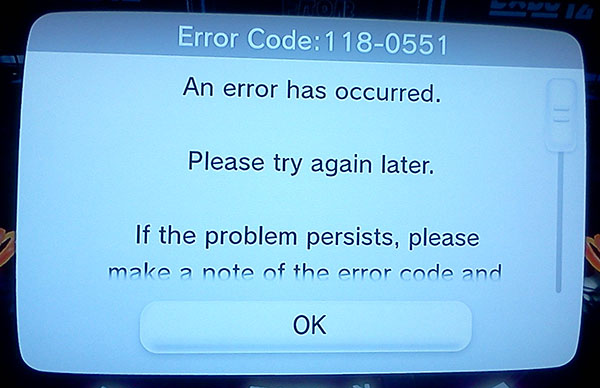 |
| You can only press "Ok" using a Gamepad. You can't even press A to dismiss it on a Pro controller. |
While this is more of a personal taste, I have never been
very fond of the Wii Remote, which has made me hesitant to even want to boot my
console. One can get around that by plugging a classic controller to it, but it
still requires a set of double A batteries, and I generally would rather be
able to control the menu with a Gamecube controller since I only use my Wii to
play Project M nowadays. The idea that you need to have one set of two
controllers out just to start a game, then switch to another controller after
the game starts up, is pretty silly if you think about it. Hackers have fixed
this issue with a custom firmware that allows you to just use a Gamecube controller, and that alleviates
many of the issues that come with booting up a Wii, but the fact that we needed
hackers to fix the issue is a problem in end of itself.
Sometimes, ease of use issues happen even without a console. Phantasy Star Online 2 is a game that I have been asked to
play by a friend. Wanting to spend some time with him, I decided to go download
it on the Windows Store… only to realize that it just would not boot up no
matter what I did, and uninstalling it corrupted a partition in my hard drive.
The inadequacy of the Windows Store was so evident that it has been review-bombed
not because of its inherent quality, but because of how the store prevents
people from playing it. With the announcement of a Steam release, people will
finally be able to play it (hopefully), and the game might be given a second
chance to perform well in North America.
 |
| Source: PCGamer.com |
Steam itself is great proof that ease of use has quite a bit
of power. The store tends to make it far easier to access games on a PC, to a
point where many people who would have otherwise resorted to piracy now actually
buy their PC games. People are willing to pay for convenience. As much as I
tend to try to buy most of my games physical for games preservation purposes, I
can see why people choose digital libraries.
I’ve been surprised with how many examples I could find where I was looking at my console or PC and said “Nah, I’ll just play on this instead”. I feel like this pertains to many things in life. When I lived with my parents, they had a fridge with a water dispenser, and because of how easy and instantaneous getting a glass of water was, I would stay hydrated more consistently. Now that I need to boil water before drinking it, it adds a pretty long step to the process, and I often resort to drinking other things instead. Henceforth, when I move into a new home, I will install a fridge with a water dispenser, as it will lead me to better life habits. In other words, the first step to making people want to engage in an activity is to remove as many obstacles as possible leading to it.
